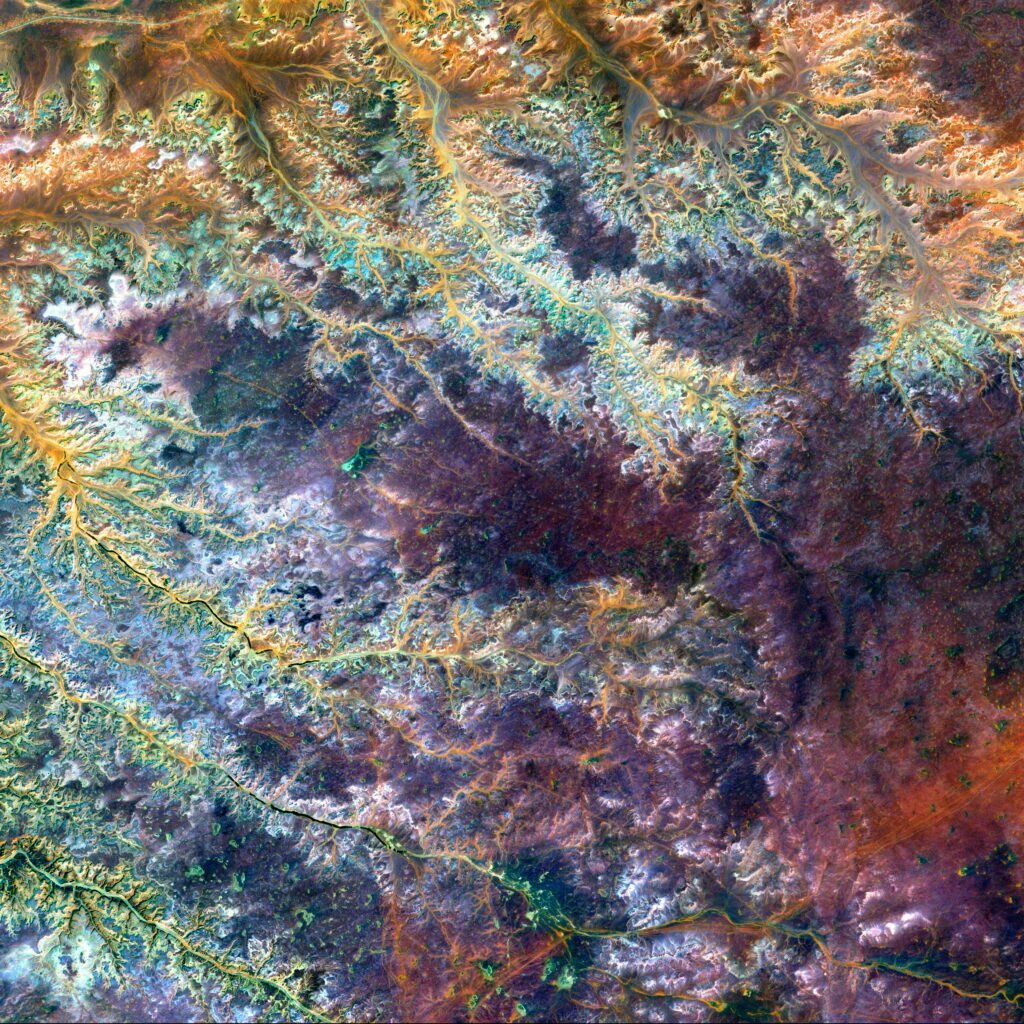
Ecological responses to climate change
A brief overview
Ecosystems and biodiversity are currently under threat owing to many different anthropic pressures. Among these, climate changes have direct impact on ecosystems and biodiversity, pushing populations to abandon traditional distribution areas and move to new territories, favouring the spread of allochthonous species, reducing the survival of endemic and/or specialised organisms, leading to impoverished ecosystems that are more prone to collapse. Ecological responses to climate change include also increasing individual level respiration rates, altering species interaction networks and ecosystem process rates, with expected global lower net primary productivity and standing biomass. Climate change can also have indirect amplifying effects on other anthropogenic threats, such as pollution, land degradation and fragmentation, the diffusion of invasive species; and human well-being.
Ecological responses are quantitatively related to a complex series of inter-individual relationships, whose dynamics could potentially lead to adaptation and impact mitigation but also to the amplification of the expected impacts. As far as we deepen the understanding on these ecological dynamics, we might also acquire the capacity to manage biodiversity and ecosystem changes. In this Working Group we intend to develop a suite of tools and services on data curation, data analysis and modelling, to better understand and manage ecological responses to climate change, describe modifications of biodiversity and ecosystem functioning under climate change and analyse and predict the effects of restoration measures, considering in particular ecosystem integrity and supporting in the benefits that healthy ecosystems provide to human beings.
Join us on our journey to deepen our comprehension of ecological systems and their reactions to the rapidly changing world around us. Stay informed about updates, resources, and opportunities for collaboration!
Key Objectives
- Mapping services to address the “Ecological responses to climate change” already available in LifeWatch ERIC and ensure their accessibility from the LifeWatch ERIC ‘market place’.
- Mapping needs and requirements to boost research activities within the membership of the Working Group, setting priorities for the enlarging the inventory and filling in the gaps.
- Developing a catalogue of commonly used models and/or particularly relevant to address key “Ecological responses to climate change”.
- Integrating the models into web-services and uploading their metadata on the LifeWatch ERIC ‘market place’.
- Organisation of the WG participation to the 2025 BEeS Conference on “Addressing the Triple Planetary Crisis” which will be held in Crete from 30 June to 3 July.
- Organisation of the WG Workshop ‘Ecological modelling and eco-informatics to address functional responses of biodiversity and ecosystems to climate change’ co-organised with the University of Salento.
- Mapping opportunities for project application of a WG consortium to Horizon Europe calls 2026-2027 and to other calls of national/international relevance.
Coordinators
Timeline
Implementing services
Organising WG workshops and conferences
Fund raising
Team members (if)

Jane Doe
Designer
- Phone:+1 (859) 254-6589
- Email:info@example.com

Jane Doe
Designer
- Phone:+1 (859) 254-6589
- Email:info@example.com

Jane Doe
Designer
- Phone:+1 (859) 254-6589
- Email:info@example.com

Jane Doe
Designer
- Phone:+1 (859) 254-6589
- Email:info@example.com

Jane Doe
Designer
- Phone:+1 (859) 254-6589
- Email:info@example.com
[INTRO HERE] Lorem ipsum dolor sit amet, consectetur adipiscing elit. Ut elit tellus, luctus nec ullamcorper mattis, pulvinar dapibus leo. The kick-off Workshop, focusing on the Taxonomy Thematic Services, has been proposed and organised by LifeWatch Belgium in collaboration with all LifeWatch Common Facilities and National Distributed Centers. The workshop took place in Brussels on January 30th, concurrently with the LifeWatch Belgium Biodiversity Day. The workshop also launches the constitution of LifeWatch ERIC Working Groups on the Thematic Services, engaging participants from all LifeWatch National Distributed Centers and Common Facilities in an open discussion on the current state of the Taxonomy Services, their actual matching with the scientific community needs and requirements and the approaches and priorities of the Taxonomy Services’ Working Group for further integration and improvement of LifeWatch Taxonomy Services and user engagement. The workshop also launches the constitution of LifeWatch ERIC Working Groups on the Thematic Services, engaging participants from all LifeWatch National Distributed Centers and Common Facilities in an open discussion on the current state of the Taxonomy Services, their actual matching with the scientific community needs and requirements and the approaches and priorities of the Taxonomy Services’ Working Group for further integration and improvement of LifeWatch Taxonomy Services and user engagement.




